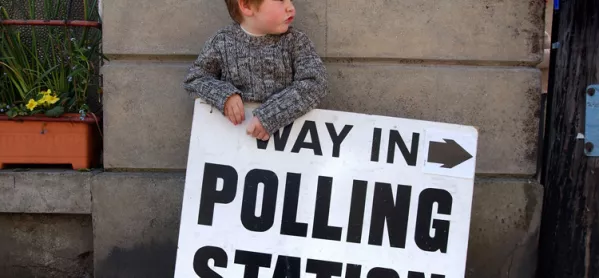With election day nearing and polls suggesting that the gap between Conservative and Labour is narrowing, it is worth reminding readers that there are extraordinary policy differences between the two main political parties on education.
The mainstream media may be almost completely distracted by Brexit, but there is a vast amount at stake for schools.
While both parties now agree that funding cuts have gone too far, and that Westminster’s magic money tree needs to be shaken in the direction of primaries and secondaries, there is cross-party consensus on little else.
Labour has vowed to abolish Ofsted (and replace it with a new inspection regime largely designed by the NEU teaching union), to do away with key stage 2 Sats and to abandon plans for the Reception baseline test. (Unsurprisingly, the Tories want to keep all three.)
Jeremy Corbyn’s manifesto also speaks threateningly of integrating independent schools into the “comprehensive system”.
All of Labour’s policies, of course, fall under the as-yet-still-ethereal idea of a National Education Service, which in some way would be modelled on the NHS.
Election 2019: The education battleground
In short, if Corbyn finds himself in Number 10 and Angela Rayner in the Department for Education, then schools and colleges will be on the end of an extraordinarily radical reform agenda - for better or worse.
(One thing that a Rayner-run DfE government looks unlikely to fully unpick is Michael Gove’s process of wholesale academisation.)
Boris Johnson’s Conservatives have been much more circumspect. Ahead of its publication, there was lots of talk of what might be in Johnson’s manifesto - specifically rumours of more grammar schools and an assisted-places scheme for independent schools.
If either were ever under consideration for inclusion, they were evidently dropped in favour of a passage of essentially empty rhetoric, which committed a Conservative government to very little apart from more of the same (eg, academies and free schools). That’s not to say we wouldn’t see more selection or some kind of assisted places-style programme if Johnson does return to Number 10. But his team decided that it wasn’t worth rocking the boat with such radical ideas.
But, even with this lack of clarity from the Tories, there is evidently a vast stretch of clear blue water between the parties when it comes to schools.
And so, when you teachers go to the polls tomorrow, don’t just think about Brexit and austerity. Please also consider the education system that you want to work in: it could look very different in the years to come, depending on where you put your cross.




